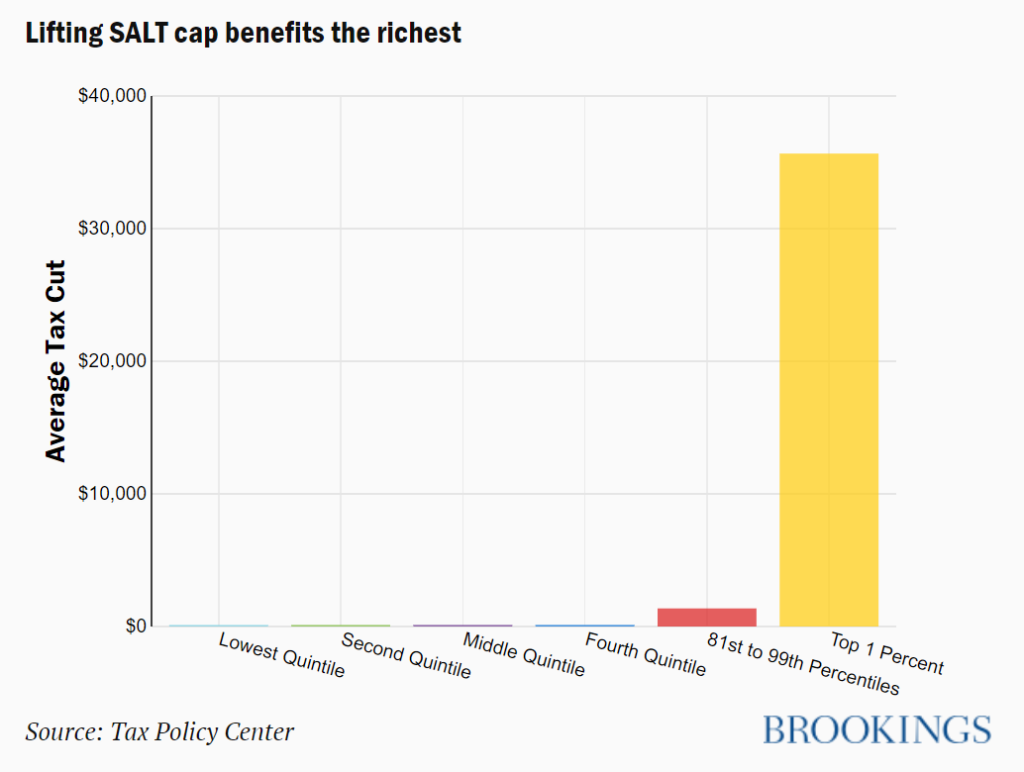Link: https://thepublicsradio.org/article/why-elorzas-latest-proposed-pension-fix-faces-a-lot-of-questions-
Excerpt:
Providence’s pension crisis has its roots in the late 1980s. That’s when the city’s Retirement Board approved unusually generous compounded cost of living adjustments for more than 2,500 city workers and retirees. Decades later, that move helps explain why there’s a $1.2 billion gap between the pension balance and the amount owed to current and future retirees.
The pension crisis has defied attempted solutions for years. Providence officials say the city has just 22% of the money needed to meet its long-term pension obligations. And the amount of the city budget consumed by the pension is growing 5 percent a year, to about $93 million currently. Without a change, that annual payment will rise to $227 million by 2040.
Mayor Jorge Elorza said these pension costs are unsustainable.
“It’s only a matter of time before they continue to squeeze everything else out of our budget, so that we’re cutting deeper and deeper into the bone,” he said during a recent news conference.
Elorza’s plan involves selling $704 million in pension obligation bonds. The idea is that these bonds could generate enough of a return to boost the pension system’s funding to more than 60 percent.
Author(s): Ian Donnis
Publication Date: 1 June 2021
Publication Site: The Public’s Radio



